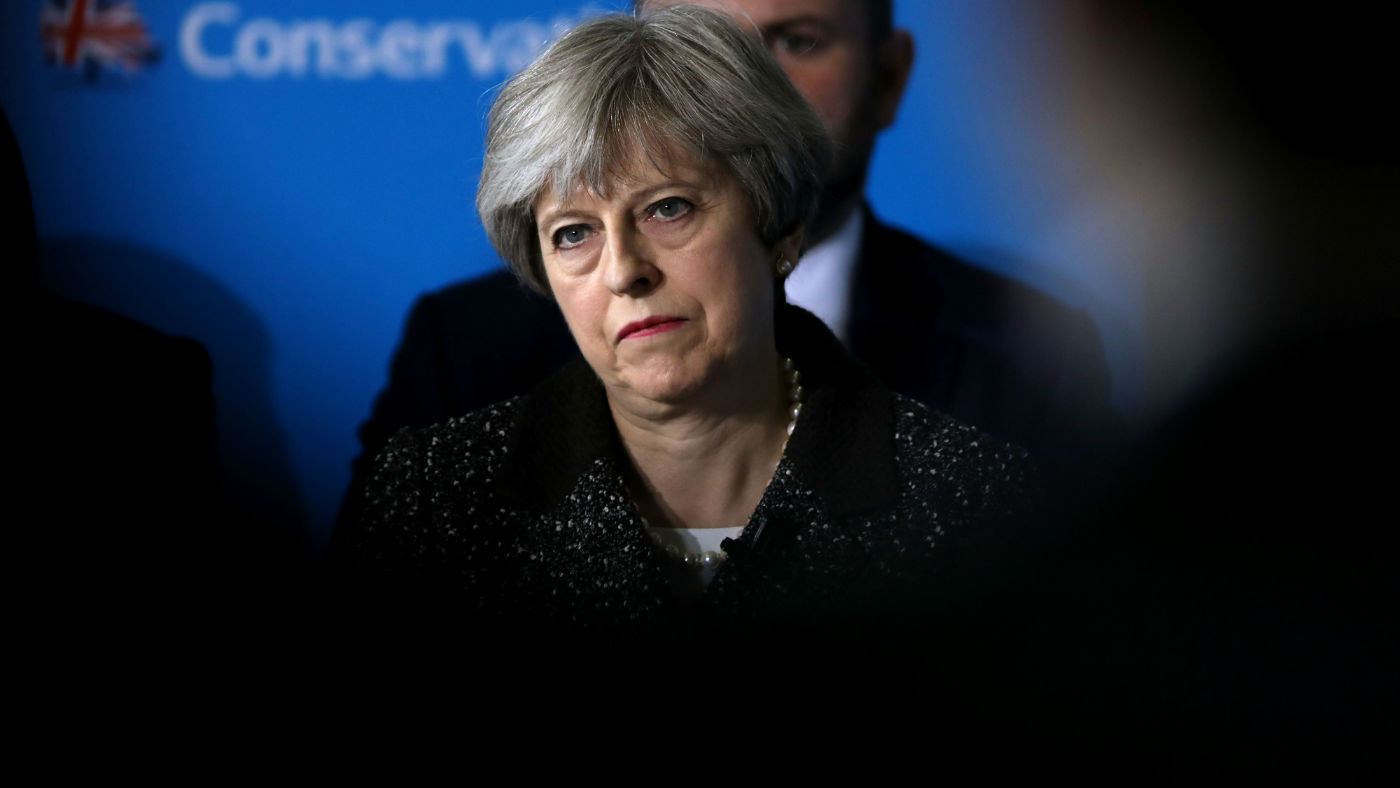Fat cats: Will May's pay ratio plans make a difference?
PM waters down plans to curb excessive pay packets for top executives

A free daily email with the biggest news stories of the day – and the best features from TheWeek.com
You are now subscribed
Your newsletter sign-up was successful
By June next year, companies will have to publish the ratio between the pay of their top-earning executive and their lowest paid member of staff, under government plans detailed today.
Theresa May pledged to curb the excesses of boardroom remuneration when she was running for the leadership of the Conservatives last year. The plans have been watered down since then – and some political critics say they don't go far enough.
What are pay ratios?
The Week
Escape your echo chamber. Get the facts behind the news, plus analysis from multiple perspectives.

Sign up for The Week's Free Newsletters
From our morning news briefing to a weekly Good News Newsletter, get the best of The Week delivered directly to your inbox.
From our morning news briefing to a weekly Good News Newsletter, get the best of The Week delivered directly to your inbox.
The High Pay Centre said earlier this year that the average executive at one of Britain's 100 biggest firms now earns 129 times more than his or her lowest-paid employee. The centre warned that the ratio could rise to 400:1 by 2037, if it carries on increasing at its current rate.
What did May promise?
Last year, the Prime Minister promised several reforms. Among them were pledges to make all listed companies publish their pay ratios and force them to have workforce representatives on their boards. She also suggested she would give shareholders more power to vote down excessive pay packages.
What did she say next?
A free daily email with the biggest news stories of the day – and the best features from TheWeek.com
In December last year, May backed away from forcing firms to have workers on their boards, The Independent reported. She told the Confederation of British Industry (CBI) that, instead, "it will be a question of finding the model that works". She also hinted that she would not give shareholders as much power to veto pay packages as she had suggested before.
What has May abandoned?
Most commentators agree that the plans laid out by Business Secretary Greg Clark today do not go as far as May's original pitch implied they would. Instead of giving shareholders more binding votes on pay, she will create a public register of companies that have faced repeated shareholder opposition.
What about workers on boards?
That idea has been "watered down beyond all recognition", says TUC secretary general Frances O'Grady. A voluntary code will encourage companies to either set up an employee advisory council or represent workers on boards – either directly or by appointing a non-executive director to represent them.
What will May deliver on pay ratios?
The plans outlined will force listed companies to publish – and justify – their pay ratios annually.
How did the business world receive the plans?
"Big business was mostly welcoming," says Sky News quotes Stephen Martin, director general of the Institute of Directors, as saying he approved of the "pragmatic approach the government is taking".